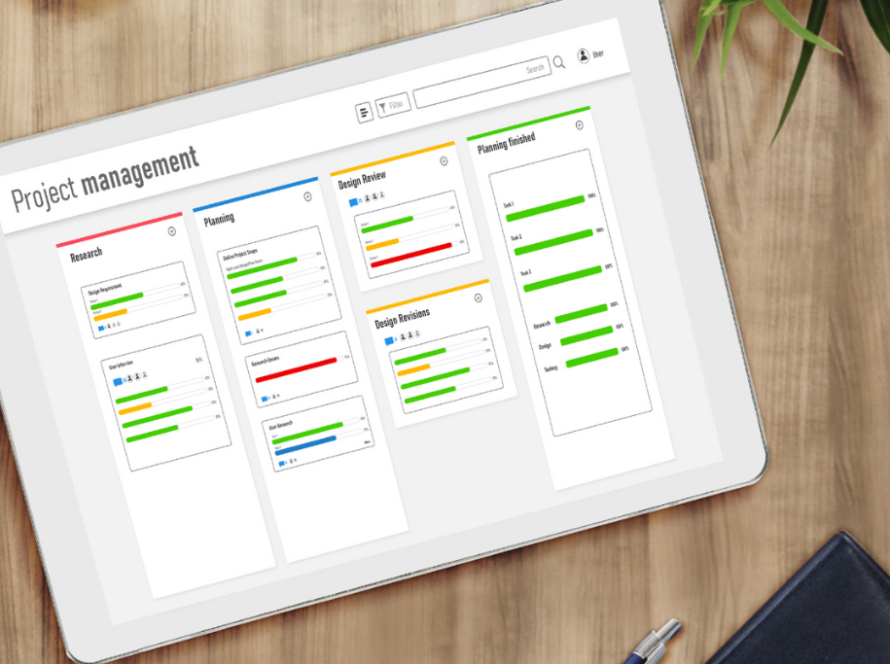As businesses seek innovative ways to stay competitive in the digital era, artificial intelligence (AI) emerges as a game-changer. AI technologies are transforming industries by streamlining operations, enhancing customer interactions, and providing data-driven insights. Here, we explore practical applications of AI that can propel business growth and the strategies to implement them effectively.
Enhancing Customer Service
AI-driven Chatbots and Support Systems:
Implementing AI chatbots can revolutionize your customer service. These intelligent systems handle routine inquiries and support tickets efficiently, allowing your team to focus on more complex issues. Chatbots can provide quick responses around the clock, improving customer satisfaction and reducing operational costs.
Personalization at Scale:
AI excels in personalizing customer interactions. By analyzing past behavior, AI can tailor recommendations, promotions, and content to individual preferences. This not only enhances the customer experience but also boosts sales through targeted marketing.
AI in Marketing and Sales
Predictive Analytics:
AI’s ability to analyze vast amounts of data and predict future trends is invaluable for marketing. Businesses can use AI to identify potential customer bases, optimize marketing campaigns, and increase conversion rates by predicting buying behaviors and preferences.
Automated Content Creation:
AI tools can assist in generating content for blogs, social media, and marketing emails, saving time and resources. These tools analyze existing content to maintain brand voice and ensure consistency across all communications.
Streamlining Operations
Smart Inventory Management:
AI-powered inventory management systems forecast demand and optimize stock levels, preventing overstocking and stockouts. This leads to more efficient operations and reduces holding costs.
Process Automation:
AI can automate repetitive and time-consuming tasks such as data entry, scheduling, and even complex decision-making processes. This not only speeds up operations but also reduces the likelihood of human error.

Data Analysis and Decision Making
Insightful Big Data Analysis:
Leverage AI to sift through and analyze large datasets to extract meaningful insights. This capability supports strategic decision-making by identifying trends, measuring performance, and predicting future outcomes.
AI-Driven Decision Support:
AI systems can provide recommendations and support business decisions with predictive analytics and data visualization tools. They help businesses assess risks and make informed decisions quickly.
Case Studies
Real-World Success:
Include a few case studies that highlight businesses that have successfully integrated AI into their operations. Detail the challenges they faced, the solutions implemented, and the benefits realized. This not only provides credibility but also illustrates the tangible impact of AI.
Getting Started with AI
Assessment and Implementation:
Starting with AI begins with a clear assessment of your business needs. Identify areas where AI can add the most value and start small. Choose AI tools that integrate seamlessly with your existing systems and are scalable as your business grows.
Training and Adaptation:
Ensure your team is prepared to adopt AI by investing in training and development. Understanding how to use AI tools effectively is crucial to maximizing their benefits.
Conclusion
The potential of AI to transform business operations is immense and largely untapped. By integrating AI into your business strategy, you can enhance operational efficiency, improve customer satisfaction, and drive growth. Whether it’s through smarter data analysis, automated operations, or personalized customer experiences, AI offers a multitude of opportunities for businesses willing to innovate.

Need Help Implementing AI?
At Cirriusbusiness.com, we understand the power of technology in driving business success. Contact us today to learn how we can help you integrate AI into your operations and set the stage for significant growth.



